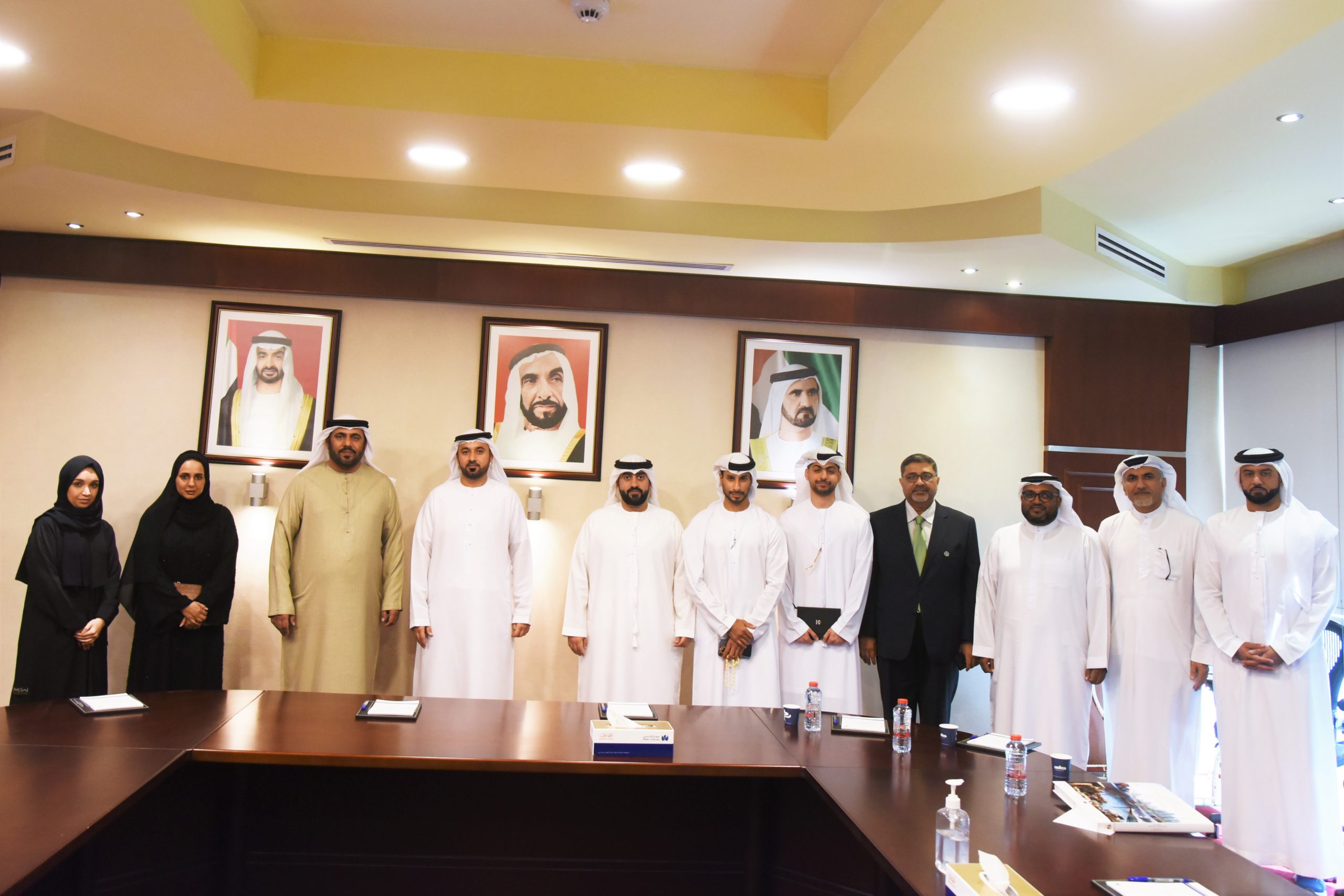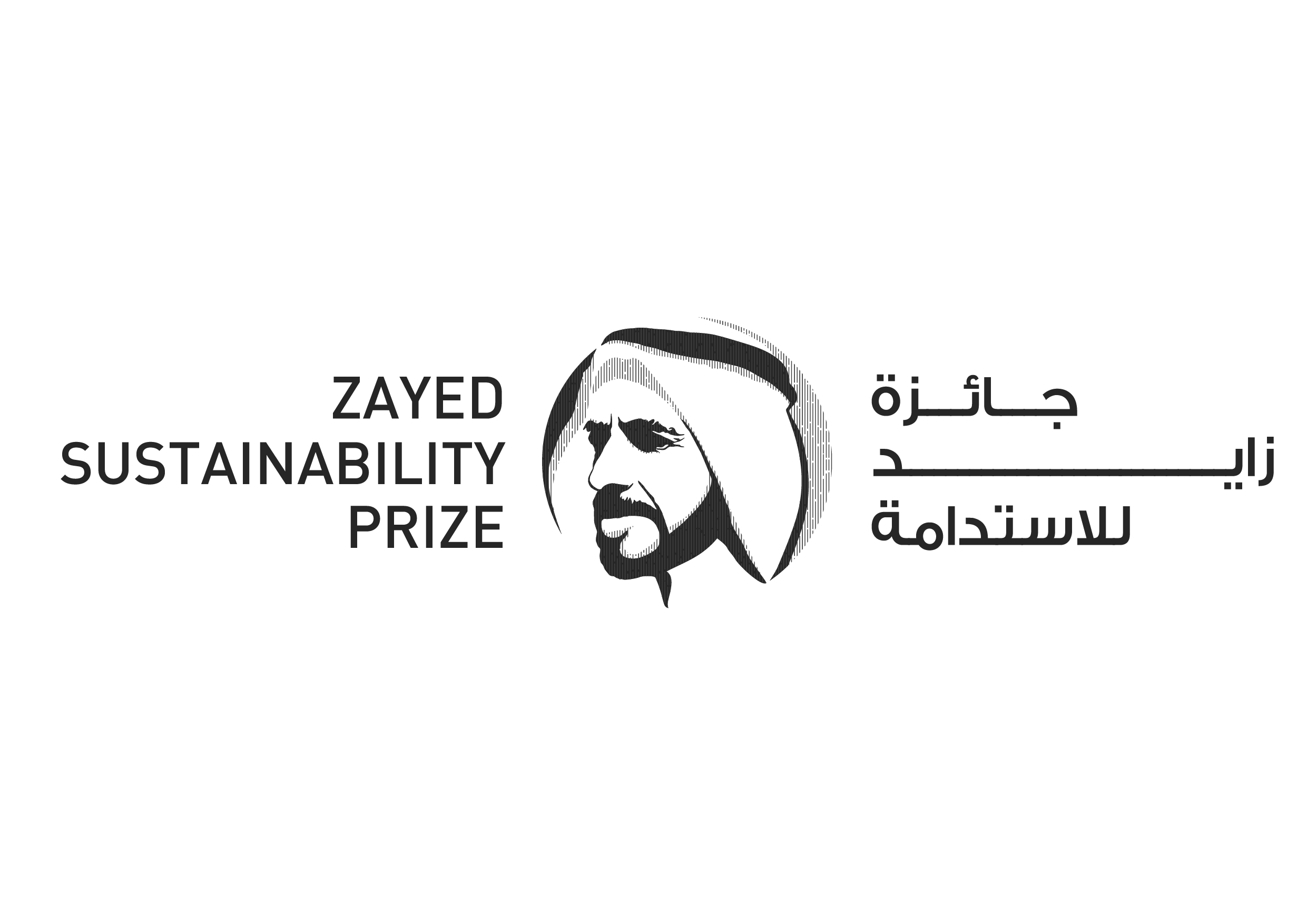DUBAI, 13th December 2021 (WAM) — Under the patronage of H.H. Sheikha Latifa bint Mohammed bin Rashid Al Maktoum, Chairperson of the Dubai Culture & Arts Authority (Dubai Culture), the United Nations Development Programme (UNDP) and the Mohammed bin Rashid Al Maktoum Knowledge Foundation (MBRF) today unveiled the Global Knowledge Index leaders for 2021, in its fifth edition in a row, which aims to measure knowledge globally as a comprehensive closely connected with sustainable development and with different dimensions of modern human life.
In this year’s edition, the knowledge index included 155 variables, selected by more than 40 international sources and data bases.
The results of global knowledge index for the year 2021 unveiled that Switzerland came in the first place globally for the fifth year in a row, followed by Sweden, the US, Finland and the Netherlands. While the UAE was ranked 11th globally and first in the Arab World at GKI 2021.
Switzerland has retained its top ranking for the fifth consecutive time this year.
"The world is not completely out of the grip of COVID-19, but without doubt what stands out as we negotiated these trying times, is the relentless quest for knowledge that led us to develop vaccines as well as remedial and precautionary measures against the virus. Obviously, this continuing focus on knowledge and its triumph is what has led us to bring back careful normalcy in our daily life, and what has enabled this face-to-face meeting today," said Jamal bin Huwaireb, CEO, MBRF.
He said this year there has seen an extended participation in GKI endeavor, globally as well regionally, signifying the increased commitment towards reinforcing knowledge as a key driver for economic and social growth. The Arabic countries which debuted this year included Iraq and Palestine, joining the portfolio of 16 regional countries in the index.
Globally, the country level participation at GKI 2021 was at 154, compared to 138 last year.
Oher countries in the GKI global leader list up to the 100th position included Qatar at the 38th place, Kingdom of Saudi Arabia at 40, Kuwait (48), Oman (52), Egypt (53), Bahrain (55), Tunisia (83) and Lebanon (92). Morocco was at 101 globally, followed by Jordan (103), Algeria (111), Iraq (137), Sudan (145), Mauritania (147) and Yemen (150).
"When the word stands at these challenging cross roads, the increased global participation at GKI is a robust indicator of how knowledge is the single most factor that will help world nations prosper and lead in front for the benefit of posterity with sustainable focus. In this context, the GKI series has developed into an accepted and prudent benchmark in assessing knowledge-based societies and their growth," said Dena Assaf of the UN.
"It is encouraging to see that in certain key branch indexes that drive knowledge, innovation and education, Arab countries have been faring well and is firmly on the road to progress. Significantly, it shows the positive impact of the awareness that the new world is largely shaped and led by countries that have an edge in knowledge," said Khaled Abdel-Shafi, Regional Hub Manager, UNDP Regional Bureau for Arab States (RBAS).
The launch ceremony was also immediately followed by a ministerial panel on `Rethinking Policymaking in the Age of Knowledge,’ with the participation of Hussain Al Hammadi – Minister of Education, Dr. Tarek Shawki – Minister of Education, Egypt, Ahmed Hanandeh, Minister of Digital Economy and Entrepreneurship, Jordan, Dr. Fadia Kiwan – Director General, Arab Women Organization, and moderated by Dr. Hany Torky – Manager, Knowledge Project, UNDP RBAS.
The average global performance rate at GKI 2021 stood at 48.4 per cent, while for the seven branch indexes of the index, the best performance was for pre-university education at 60.8 per cent, followed by enabling environment (55.3), economy (52.9), technical learning and professional training (51.2), higher education (46.1), ICT (43.3) and research and development and innovation (31.4).
GKI is produced annually since 2017 by the Knowledge Project, a partnership between UNDP-RBAS and MBRF. The index includes 155 variables, selected from over 40 sources and international data bases including the UNESCO, World Bank, ITU, International Monetary Fund (IMF), Organisation for Economic Cooperation and Development (OECD), International Labour Organisation (ILO) etc.
"Over the years the Knowledge Project and GKI have been able to facilitate a strategic and forward looking policy push among countries and decision makers to give more weightage to knowledge-centric development. This shift in developmental vision is imperative in times when sustainability has also become a core issue that needs to be addressed with alacrity, and the institution of GKI has added immense value to this context," said Dr. Hany Torky, Manager, Knowledge Project, UNDP RBAS.

 World2 years ago
World2 years ago
 World2 years ago
World2 years ago
 Entertainment7 years ago
Entertainment7 years ago
 World7 years ago
World7 years ago
 Entertainment7 years ago
Entertainment7 years ago




